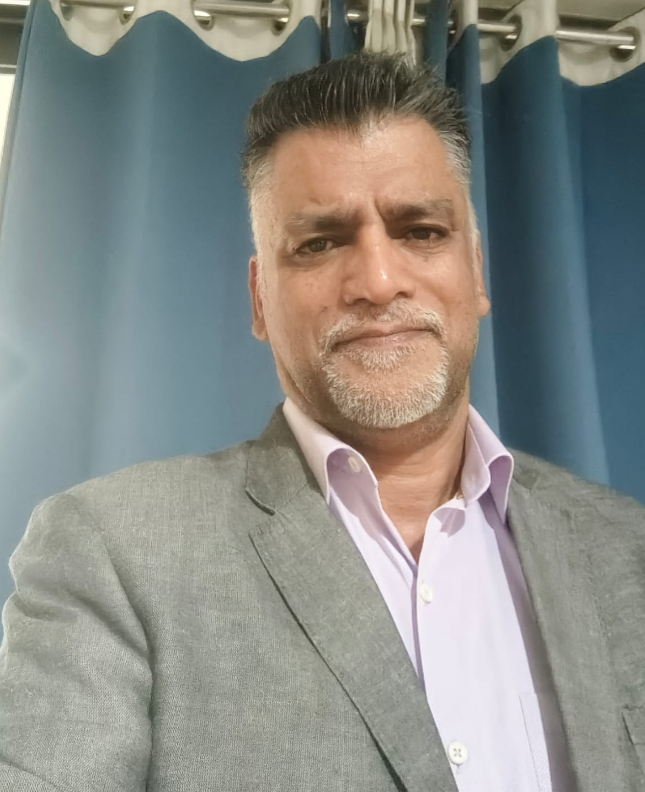Dr. Noor Ali Zehgeer
Nepal has once again captured global attention—not for a breakthrough in governance, but for a drastic step that has thrown daily life into chaos. On September 9, Prime Minister KP Sharma Oli resigned after bloody clashes between protesters and security forces left 19 dead. Shortly afterwards, the president also tendered his resignation, plunging the country into a deeper constitutional crisis and sparking widespread concern over the nation’s future direction. The trigger? A sweeping government directive severed access to 26 social media and messaging platforms, including heavyweights like Facebook, WhatsApp, Instagram, YouTube, and X (formerly Twitter).
Security by Silence
The government claims these platforms failed to meet repeated requests to open offices in Nepal, appoint official representatives, and establish complaint mechanisms. Officials argued that this neglect allowed rumours, fake news, and cybercrimes to flourish unchecked. While the explanation sounds neat, it’s akin to using a cannon to chase away a crow.
Daily Life Disrupted
The threat of misinformation and online fraud is very real. Governments worldwide scramble to rein in tech giants that often float above national laws. India tightened its IT rules in 2021, mandating platforms appoint local grievance officers. The European Union’s Digital Services Act holds companies accountable for user safety. Yet, neither India nor the EU opted for complete bans. Nepal, by contrast, confused control with governance, choosing an extreme response at a moment of rising public unrest. For millions in Nepal, social media isn’t just entertainment. It’s the lifeblood of communication, commerce, and creativity. Families separated by borders depend on WhatsApp and Facebook to stay connected. Overnight, messages, calls, and cherished photos stopped. Small shopkeepers and online sellers, who relied on Instagram ads and Facebook posts, have seen their fragile businesses slide towards uncertainty. Content creators, vloggers, and YouTubers who earned a living from the digital economy are suddenly unemployed. The message is stark: when the government feels threatened, jobs, livelihoods, and personal ties become expendable.
Smells Like Authoritarianism
Opposition parties have quickly denounced the ban as dictatorial. Their point is simple: when leaders cannot face tough questions, they silence those posing them. Blocking social media during protests seems less about cybersecurity and more about gagging dissent. Young Nepalis feel the blow keenly. For them, social platforms were a rare space to challenge authority, campaign for causes, and believe their voices mattered. Now, frustration is growing, and the trust gap between people and their leaders is widening.
## Reputational Damage
Nepal’s international reputation has suffered greatly. Global investors and tech companies will hesitate before entering a market where rules can change from regulation to outright bans overnight. Even tourists may be wary of a place where sharing a photo can be impossible. In today’s hyper-connected world, cutting off social media doesn’t just isolate citizens—it makes the nation appear fragile and censorious[1].
## Wrong Remedy for Real Risks
Of course, the government’s concerns aren’t imaginary. Fake news incites real tensions, and online fraud devastates lives. No state can ignore these risks. But is justifying a blanket ban reasonable? Hardly. The wiser path would have been negotiating with tech companies, issuing fines, or temporarily suspending services for non-compliance. Instead, the government went for the simplest solution: silence everyone and wish the problem away. It’s like demolishing a house because the roof leaks.
## Democracy Runs on Trust
Democracy rests on dialogue; citizens must be heard, and leaders must embrace criticism as part of governance. By banning social media, Nepal’s government has damaged this delicate social contract. Instead of listening, it muted voices. Instead of governing, it censored. The result is a brittle democracy, prioritizing order over dialogue, and fear over conversation.
## A Way Forward
Nepal’s exit from this crisis is neither complicated nor impossible. The government can restore access to social platforms, update legal frameworks, and compel companies to set up effective complaint mechanisms. Enforcement through penalties and robust regulation is possible without muzzling millions. The real danger is confusing silence for stability. Severing communication lines breeds only resentment and deepens unrest, rather than healing divisions.
More Than Mere Entertainment
To dismiss social media as a trivial distraction is a grave error. For modern societies, it is a channel for livelihood, connection, activism, and identity. It connects families, grows small businesses, and amplifies political voices. Shutting it down suffocates much more than cat videos—it chokes the arteries of democracy itself.
If Nepal genuinely wants a stronger democracy, it must recognize that criticism is not chaos. Silencing dissent may offer fleeting calm, but it cannot deliver true stability. Muted voices always return louder and more determined. In the end, banning social media may look like governance. But really, it is the quickest way to admit defeat.




